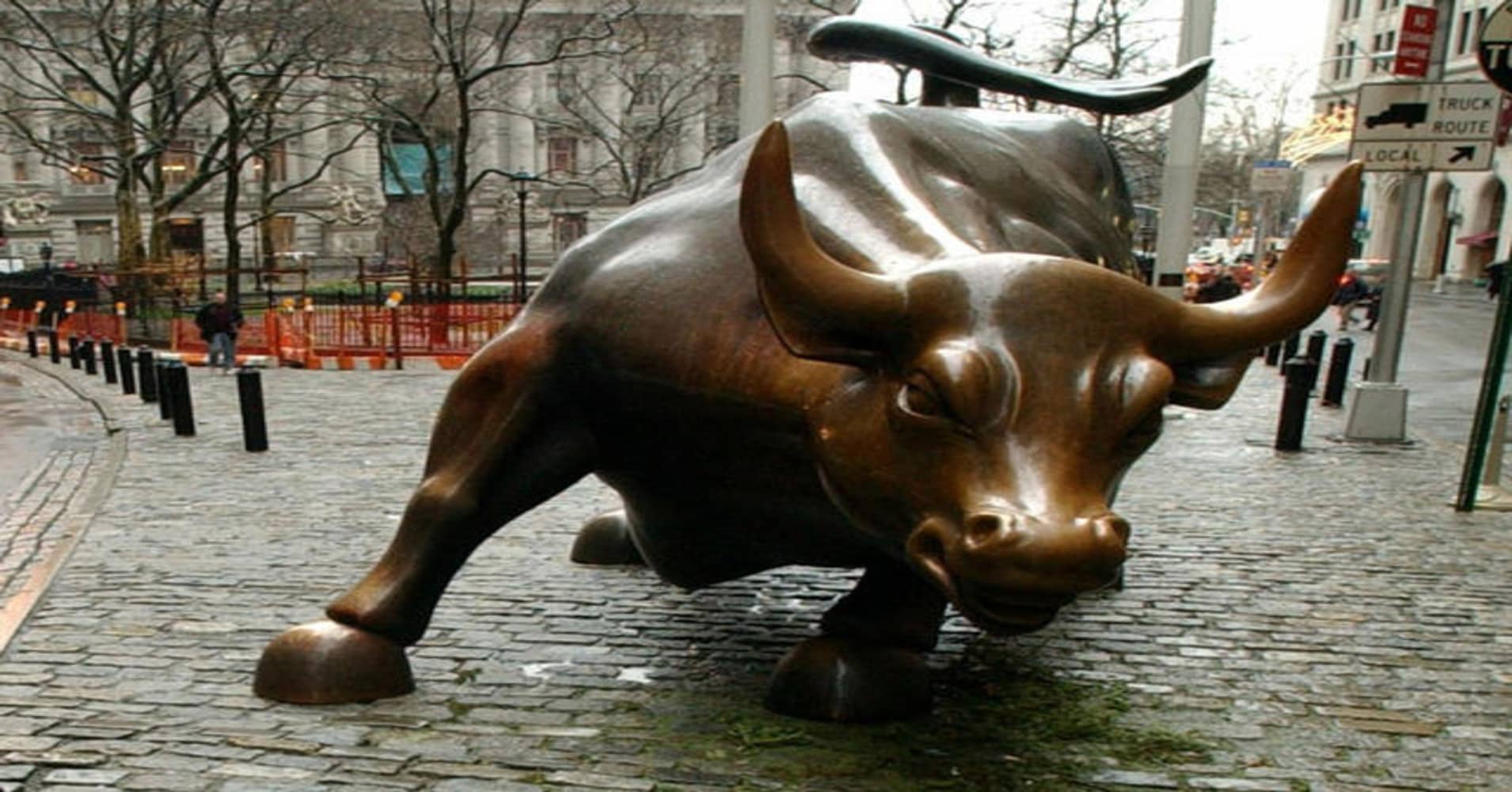
Global markets plummeted Thursday, fueling concern that long-term positive market trends could be about to end — but UBS' chief economist has branded those fears as simply "noise."
Thursday saw stocks tank in markets around the globe. Asia-Pacific indexes like the Shanghai composite fell 5 percent while the pan-European Euro Stoxx 600 Index hit its lowest in 20 months. The sharp decline has raised concerns that trade tensions and rising interest rates could contribute to the end of the bull market – the current state of trading where stock prices are steadily rising.
Paul Donovan, chief economist for UBS, told CNBC that Thursday's tremors would not have a long-term impact, dubbing the recent challenges for investors as mild constraints that were "not that important economically."
"Trade taxes will hurt equities far more than they hurt the economy, because about 80 percent of global trade is conducted by large multinational companies," he said.
"Large-listed companies in the States are only 25 percent of the economy. As we start to see the cost of the trade taxes creeping into supply chains, it is going to create volatility in the equity markets while the economy carries on OK, which is why I think the (U.S. Federal Reserve) is right to be following this hike-pause cycle."
Adding that almost half of America does not own any equities, Donovan emphasized that to the majority of Americans the market decline was "not devastating."
"They've still got jobs, they're still getting pay rises — that's what matters to the economic cycle," he said. "The economic cycle carries on and the Fed will judiciously change quantitative and monetary policy."
Donovan also noted that U.S. Treasurys (U.S. government bonds) were seeing slower investment from foreign central banks.
"Central banks put on average 60 percent of their money into dollars, generally into Treasurys," he said. "You've got this huge flow of money coming steadily that's just stopped. Now we're starting to see some of the corrections, which is nothing to do with fundamentals or inflation expectations. It's a shift in what central bank investors have been doing."
The analyst claimed that for anyone who was in the market in the 1990s, it was clear current bond yields were not going to cause significant damage.
"In real terms we adjust for inflation," he noted. "You've barely got positive real rates — this is not, economically speaking, a significant constraint. I don't think this is the end of a bull market, I think this is noise."
Meanwhile, Viktor Shvets, the head of Asian strategy for Macquarie's commodities and global markets team, told CNBC Thursday the current state of volatility could have a widespread economic effect.
"None of the asset classes are immune," he said. "If the volatility continues it's going to spread to other areas: it's going to spread to mortgages, to real estate, to car loans, to credit card loans — nobody is immune."
He advised investors that assets backed by the U.S. dollar remained the safest investments.
"I still think U.S. dollar denominated assets are a better place to be than either emerging markets or high yield debt — I think high-yield debt is incredibly vulnerable," he said. "Instead of individual sectors, think of stocks, think of companies. I think that's a much better way to go forward."
via IFTTT
No comments:
Post a Comment